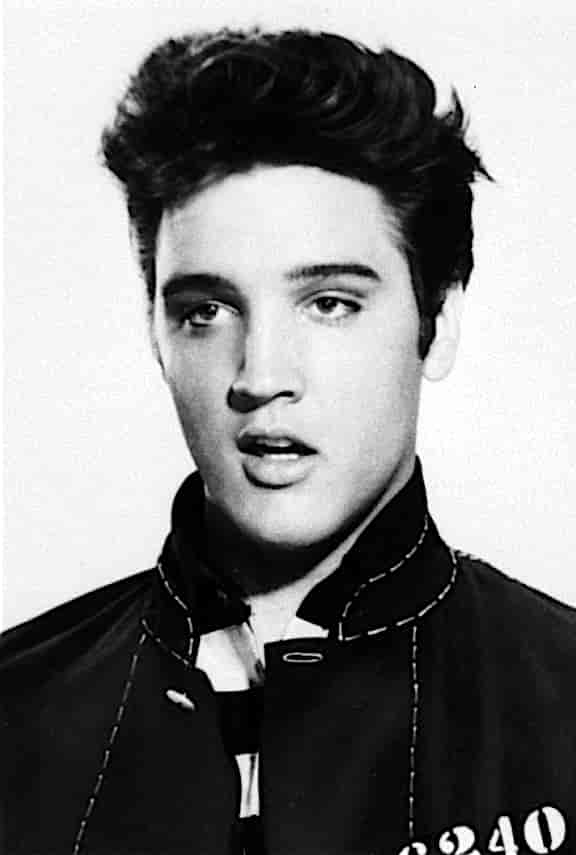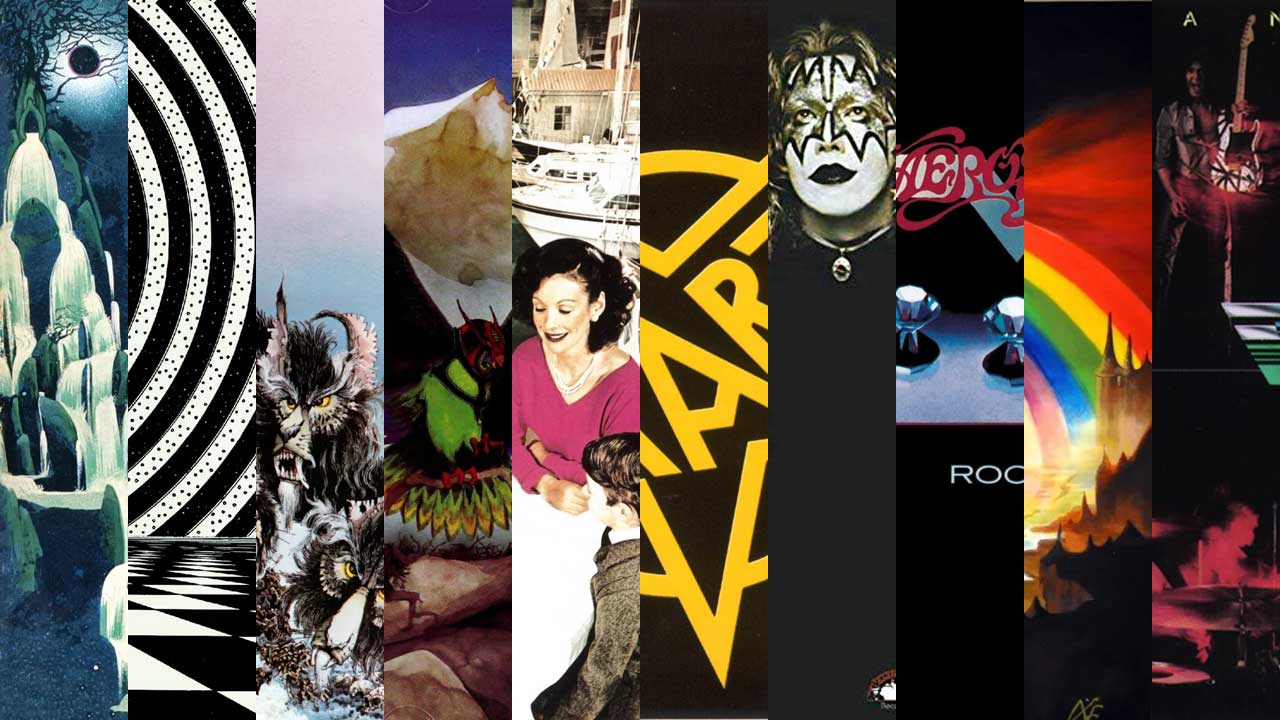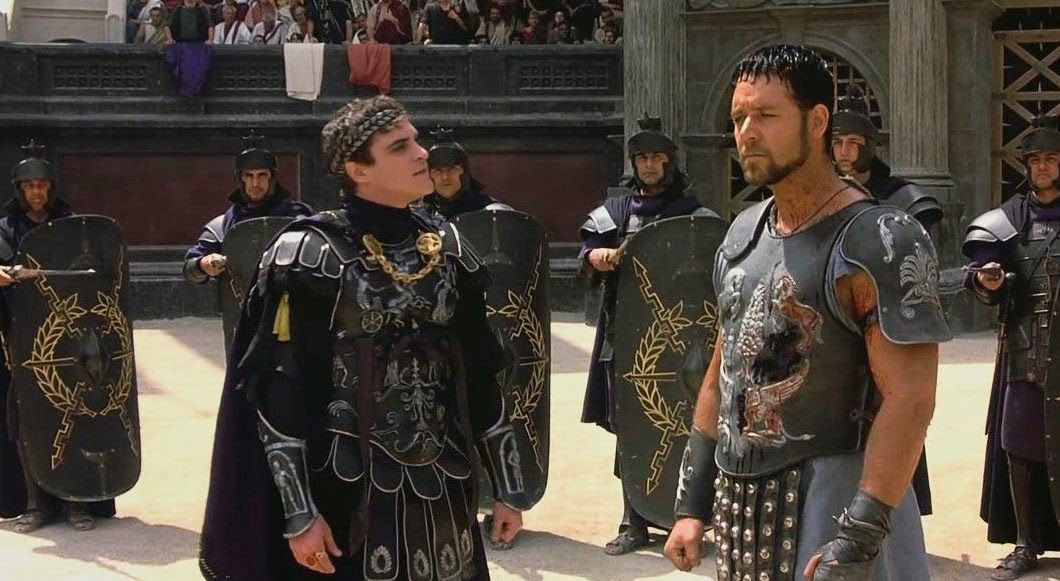Elvis Aaron Presley, the “King of Rock and Roll,” remains one of the most culturally significant figures of the 20th century. His energetic, ually provocative performances, combined with a groundbreaking blend of musical influences, catapulted him to superstardom and ignited a cultural revolution. From his humble beginnings in Tupelo, Mississippi, to his tragic death at Graceland at the age of 42, his life story is a tapestry woven with unparalleled success, controversy, and profound personal moments.
Beyond the glittering stage lights and the iconic image, a deeper narrative unfolds, revealing surprising turns, hidden struggles, and pivotal decisions that shaped the man behind the legend. We often remember the dazzling performer, yet the journey to becoming “The King” was fraught with unexpected challenges and lesser-known circumstances. This article aims to explore the intriguing factual revelations from his remarkable path, peeling back the layers of fame.
In this first half of our exploration, we’ll unearth seven captivating insights from Elvis’s early years and meteoric rise to fame. These aren’t speculative theories, but documented moments from his life, as captured in his own history, that reveal the raw human experience beneath the superstar persona. Prepare to discover the unexpected origins of his stage presence, the silent struggles he faced, and the subtle forces at play during the formative years of a true American icon.

1. **The Shy Kid Who Couldn’t Read Music**: Before he became the confident, gyrating sensation, Elvis Presley was a remarkably shy individual, particularly about performing in public. “I was very shy about it,” he candidly recalled, a striking contrast to the bold performer who would later captivate millions. This early timidity is far removed from his iconic public image.
His early musical journey also saw surprising setbacks. Though he couldn’t read music, he played by ear, nurturing his passion privately. His music teacher in eighth grade at L. C. Humes High School even declared he had “no aptitude for singing,” a judgment he famously challenged by bringing in his guitar and performing a recent hit. It’s a testament to his innate talent that he persisted despite such early dismissals.
Further illustrating this pattern, Presley faced multiple rejections when trying to break into the music scene. He failed an audition for a local vocal quartet, the Songfellows, and was also turned down by Eddie Bond’s band. Even for Arthur Godfrey’s Talent Scouts on CBS, he failed the audition. These moments highlight the resilience required to overcome initial obstacles before he truly found his sound and his audience.
Read more about: From Street Queens to Garage Dreams: 14 Everyday ’80s Cars Now Prized Collector Favorites
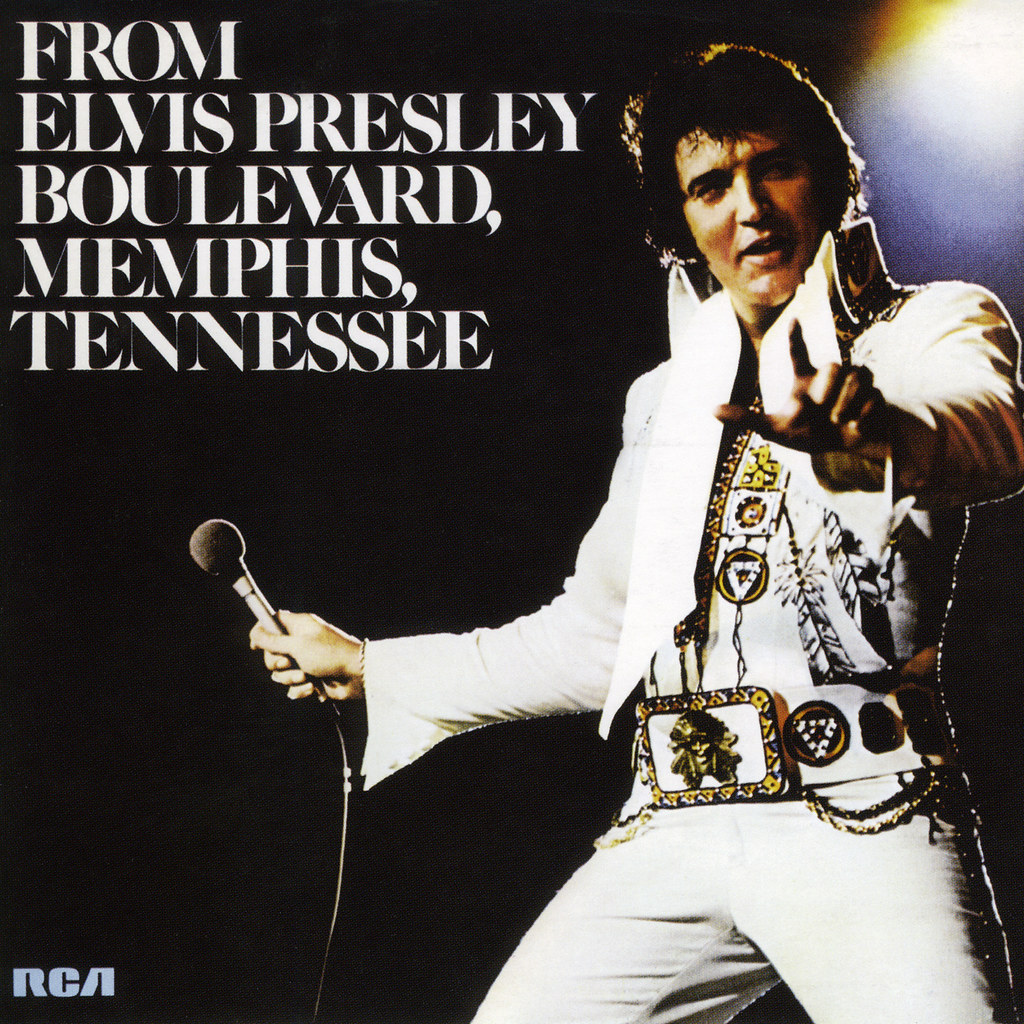
2. **The Unintended Genesis of an Iconic Move**: When Elvis Presley first stepped onto a public stage with Scotty Moore and Bill Black at the Bon Air club on July 17, 1954, he unknowingly pioneered his signature dance movement: “Rubber legs.” This legendary stage presence, which famously drove audiences wild, wasn’t a calculated choreography. Instead, it was an organic expression born from a unique combination of factors.
The context explicitly states that “A combination of his strong response to rhythm and nervousness led Presley to shake his legs as he performed.” Imagine the raw energy and jitters of a young performer amplifying his natural rhythm into something visually spectacular. His wide-cut pants further emphasized these movements, creating an electrifying and unprecedented effect.
Scotty Moore, his guitarist, vividly recalled the immediate and powerful audience reaction. “During the instrumental parts, he would back off from the mic and be playing and shaking, and the crowd would just go wild,” Moore explained. This spontaneous, nervous energy transformed into an act that captivated young women, triggering screams and setting the stage for the rock and roll phenomenon that was about to explode.
Read more about: The Enduring Legacy of ‘Kevin’: Tracing the Journey of a Name Through History, Pop Culture, and Notable Figures Like Kevin Costner

3. **The Secret Sonic Sauce of Sun Records**: The distinctive, raw, and groundbreaking sound that defined Elvis Presley’s early recordings at Sun Records wasn’t just his unique vocal style or the pioneering rockabilly fusion. A crucial, almost “secret” ingredient was the innovative “slapback” echo effect, a jury-rigged technique masterminded by producer Sam Phillips. This sonic signature became synonymous with those early, electrifying tracks.
Phillips was on a mission to bring the sound of African-American music to a wider audience. When Presley, Moore, and Black finally found their groove with “That’s All Right,” Phillips knew he had something special. The raw energy was there, but the “slapback” added a unique depth and reverberation that made the music jump out of the speakers. It was a technical innovation born out of ingenuity, not expensive studio gear.
This homemade echo technique helped define the sound of rockabilly and established Sun Records as a hub of musical innovation. It gave Elvis’s voice a ghostly, layered quality that perfectly complemented the uptempo, backbeat-driven fusion of country and rhythm and blues. The “slapback” echo wasn’t just an effect; it was an integral part of the sonic identity that made those first singles instantly recognizable and utterly revolutionary.
Read more about: Beyond the Legends: 11 Obscure Collector Cars Even the Hardcore Enthusiasts Might Have Missed
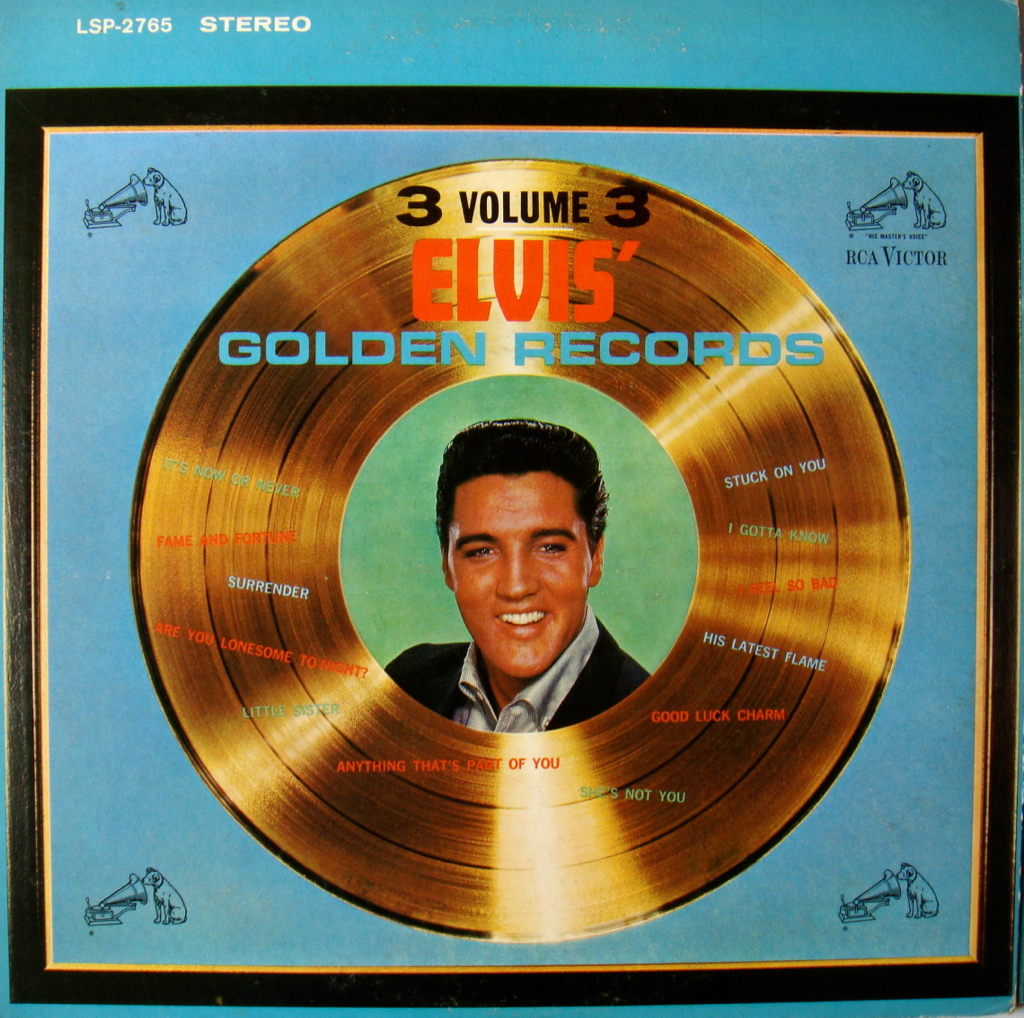
4. **Caught Between Genres: The Radio Airplay Dilemma**: Despite his rapidly growing regional popularity, Elvis Presley’s unique blend of musical styles presented a significant hurdle for radio airplay in the mid-1950s. His music defied easy categorization, leading to a perplexing struggle to get his records spun. This early challenge reveals the rigidity of music genres at the time and Presley’s pioneering role in breaking those barriers.
One Memphis journalist aptly described some of his songs, like “That’s All Right,” as being in the “R&B idiom of negro field jazz,” while others, like “Blue Moon of Kentucky,” were “more in the country field.” The problem, as manager Bob Neal recalled, was this “curious blending of the two different musics in both.” This fusion was groundbreaking, but it also meant he didn’t quite fit existing molds.
Neal further explained the dilemma: “many country-music disc jockeys would not play it because Presley sounded too much like a black artist and none of the R&B stations would touch him because ‘he sounded too much like a hillbilly.'” This commercial struggle highlights the racial and genre divisions of the era. It underscores how truly revolutionary Presley’s sound was, forcing a re-evaluation of musical boundaries and eventually giving birth to the term “rockabilly” to describe his distinctive style.

5. **A Secret Warning to J. Edgar Hoover: Presley as a “Danger”**: As Elvis Presley’s fame escalated and his performances became more electrifying, not everyone was thrilled by his impact, especially on impressionable youth. An urgent and rather astonishing message was dispatched to FBI director J. Edgar Hoover after a show in La Crosse, Wisconsin, revealing a “secret history” of concern from unexpected quarters. This document framed Presley as a potential threat.
The message, sent on the letterhead of the local Catholic diocese’s newspaper, contained a grave warning: “Presley is a definite danger to the security of the United States.” This extraordinary claim stemmed from observations of his stage presence and its effect on teenagers. The report explicitly stated, “[His] actions and motions were such as to rouse the ual passions of teenaged youth.”
The aftermath of the La Crosse concert further fueled these concerns. The letter recounted, “After the show, more than 1,000 teenagers tried to gang into Presley’s room at the auditorium.” Adding to the alarm, “Indications of the harm Presley did just in La Crosse were the two high school girls … whose abdomen and thigh had Presley’s autograph.” This episode underscores the intense moral panic his performances generated and the extraordinary lengths some went to document and report on his perceived negative influence.

6. **The Berle Show Incident: When the Guitar Stayed Backstage**: One of the most iconic and controversial performances in Elvis Presley’s early television career happened on June 5, 1956, during his second appearance on NBC’s The Milton Berle Show. This particular moment, engineered by Berle himself, saw Presley without his guitar, a decision that inadvertently led to a storm of criticism and further solidified his image as “Elvis the Pelvis.” It was a pivotal turning point in how the public perceived him.
Milton Berle, it turns out, “persuaded Presley to leave his guitar backstage.” This seemingly small alteration had monumental consequences. Without the guitar as a prop or a barrier, Presley’s physical movements became the undeniable focal point of his performance. He launched into a “slow, grinding version” of “Hound Dog,” accentuated with “exaggerated body movements,” which immediately created a firestorm of controversy.
The reaction was swift and largely condemnatory. Jack Gould of The New York Times famously critiqued, “Mr. Presley has no discernible singing ability. … His one specialty is an accented movement of the body … primarily identified with the repertoire of the blond bombshells of the burlesque runway.” Ben Gross of the New York Daily News echoed this, calling his antics “suggestive and vulgar, tinged with the kind of animalism that should be confined to dives and bordellos.” This incident, born from a production choice, undeniably cemented his controversial reputation.
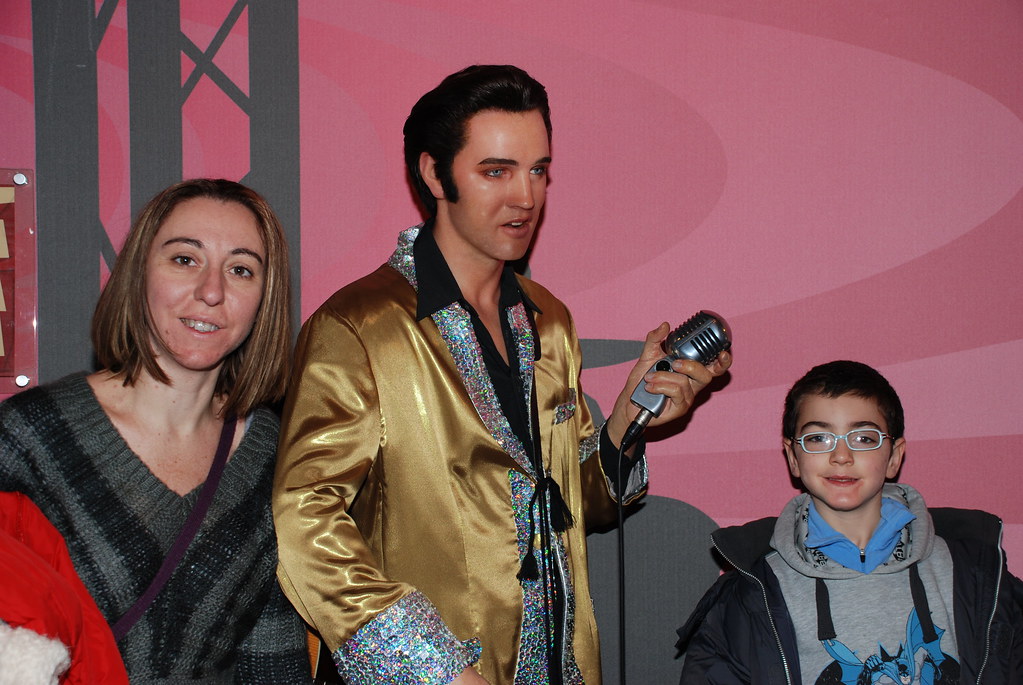
7. **The “Unfit for Family Viewing” King and the Waist-Up Myth**: Ed Sullivan, the host of the nation’s most popular variety show, initially declared Elvis Presley “unfit for family viewing,” a testament to the moral panic surrounding the young star. Yet, Sullivan would eventually book Presley for three appearances, an unprecedented deal for $50,000. This shift, and the subsequent “waist-up” legend, reveals a fascinating behind-the-scenes battle over censorship and image.
According to legend, Presley was only shot from the waist up during his performances on The Ed Sullivan Show to censor his provocative hip movements. This narrative has long been ingrained in pop culture. However, the context clarifies that for his first appearance on September 9, 1956, while the camerawork was “relatively discreet … with leg-concealing closeups when he danced,” he was, in fact, “shown head-to-toe.”
It wasn’t until his *third* and final Sullivan appearance on January 6, 1957, that he was “indeed shot only down to the waist.” Sullivan’s initial concerns were palpable; he reportedly opined that Presley “got some kind of device hanging down below the crotch of his pants—so when he moves his legs back and forth you can see the outline of his… I think it’s a Coke bottle. … We just can’t have this on a Sunday night. This is a family show!” This detailed account from the context paints a vivid picture of the anxieties and negotiations behind one of television’s most iconic debut performances, revealing the truth behind a pervasive pop culture myth.
As Elvis Presley transitioned from a regional sensation to a national, then international, icon, his journey continued to be a fascinating blend of groundbreaking triumphs and often hidden struggles. The later chapters of his life saw him navigate unprecedented fame, confront personal demons, and ultimately forge an enduring legacy that continues to captivate generations. With the foundations of his early career laid bare, let’s now peel back another layer of the ‘Secret History’ surrounding the King, exploring the pivotal events, concealed influences, and profound impacts that defined his ascendancy, his later career, and his unforgettable final years. Prepare for eight more compelling revelations that shed new light on the man behind the legend.
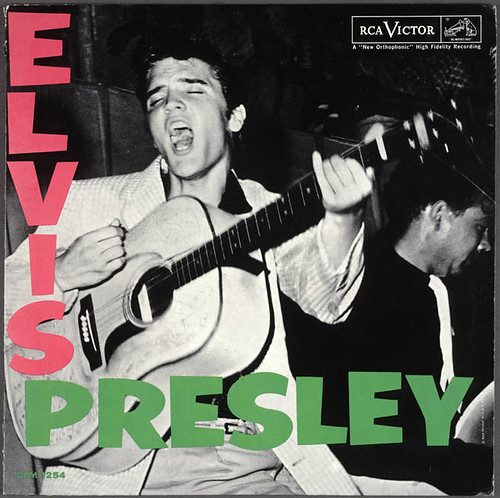
8. **The Hidden Cost of the Colonel’s Deal: Songwriting Royalties**While Colonel Tom Parker skillfully negotiated Elvis Presley’s monumental contract with RCA Victor, there was a lesser-known clause that significantly impacted the music itself and the relationships with its creators. Parker, ever the shrewd businessman, arranged for the creation of two new entities, Elvis Presley Music and Gladys Music, specifically to handle all material recorded by Presley. This move, while seemingly a standard business practice, came with a considerable caveat for songwriters.
Here’s the rub: In exchange for having the King himself perform their compositions, songwriters were “obliged to forgo one-third of their customary royalties.” Imagine the dilemma for aspiring and established writers alike! While the prestige and exposure of an Elvis recording were undeniable, this arrangement meant a significant cut in their earnings, a financial sacrifice often overlooked in the glittering narrative of Presley’s success.
This system, while benefiting Presley’s publishing interests, reveals a hidden pressure on the creative process and the financial mechanics behind the music industry at the time. It underscores Parker’s tight control not just over Presley’s career, but over the very songs that formed its backbone, shaping the economic landscape for many who contributed to Elvis’s iconic sound. It’s a subtle yet profound detail in the sprawling tapestry of his business dealings.

9. **The Unexpected Impact of Army Service: Amphetamines and Karate**Elvis Presley’s induction into the United States Army on March 24, 1958, was a colossal media event, but his time as an “ordinary soldier” at Fort Hood, Texas, and later in West Germany, held some surprising, and ultimately tragic, revelations. While he consciously aimed to be seen as an able and humble serviceman, demonstrating generosity by donating his Army pay to charity and buying extra fatigues for his outfit, his military experience also introduced him to habits that would have long-lasting consequences.
During maneuvers in West Germany, Presley was first introduced to amphetamines. Far from being a casual encounter, he “became ‘practically evangelical about their benefits’,” not only for sustained energy during demanding exercises but also for “strength” and weight loss. This early, almost sanctioned, exposure to stimulants marked the beginning of a reliance that would escalate over the years, severely compromising his health later in life.
Conversely, his time in the military also sparked a lifelong passion for karate. He meticulously studied with Jürgen Seydel, embracing the discipline and artistry of the martial art. This passion wasn’t just a private hobby; he later integrated karate into his electrifying live performances, using its movements to enhance his stage presence. It’s a curious duality: the simultaneous adoption of a healthy, disciplined physical art and the insidious introduction to a destructive pharmaceutical habit.

10. **The Devastating Loss that Changed Everything: His Mother’s Death**Beyond the glitz and the burgeoning fame, Elvis Presley endured a personal tragedy during his military service that profoundly altered the course of his life: the death of his beloved mother, Gladys. In early August 1958, while he was still serving, his mother was diagnosed with hepatitis, and her condition rapidly deteriorated. He was granted emergency leave to rush to her side in Memphis.
Just two days after his arrival, Gladys Presley died of heart failure at the young age of 46. This loss was utterly devastating for Elvis. Their relationship had always been extraordinarily close, a bond that remained strong even into his adulthood, characterized by “baby talk” and pet names. Her sudden passing left an irreparable void in his life.
The context explicitly states that Presley was “devastated and never the same” after her death. This emotional wound undoubtedly fueled some of his later struggles, highlighting how even the ‘King of Rock and Roll’ was vulnerable to the deepest personal sorrows. It’s a poignant reminder that beneath the superstar facade, there was a man grappling with immense grief, a grief that would subtly, yet significantly, shape his actions and choices in the years to come.
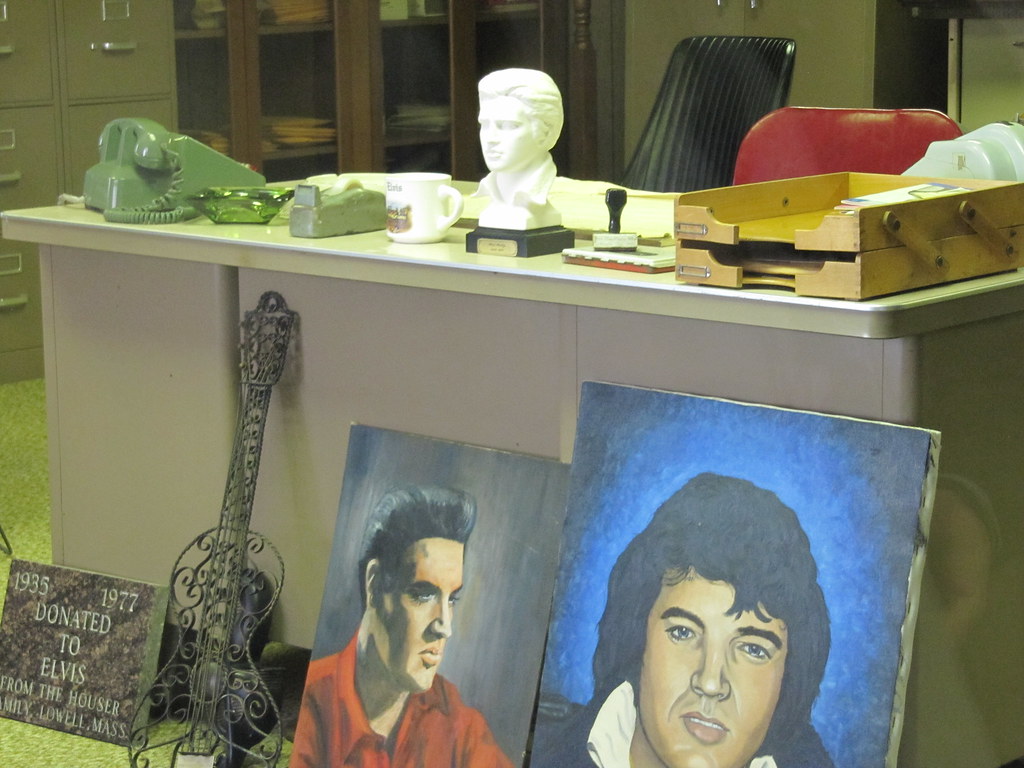
11. **The ‘Critically Derided’ Hollywood Years: A Strategic Misstep?**Following his military service, Elvis Presley relaunched his recording career with great commercial success, but the 1960s ushered in a surprising, and often criticized, phase of his artistic output. Guided by Colonel Tom Parker, Presley largely held “few concerts” and instead “devoted much of the 1960s to making Hollywood films and soundtrack albums.” This shift, however, came at a cost to his critical reputation.
The context plainly states that “most of them [the films and soundtrack albums] critically derided.” While films like *Jailhouse Rock* (1957) and *Viva Las Vegas* (1964) are remembered fondly, many of the later projects were viewed as formulaic and creatively uninspired. This period saw a significant artistic stagnation, even as his commercial engine continued to churn out hits and box office returns.
This focus on film, often at the expense of developing his musical artistry or live performance, represents a pivotal influence on his legacy. It was a strategic decision by Parker to maximize Presley’s earnings through mass media, but it left many questioning the artistic integrity of the ‘King.’ The ‘critically derided’ label serves as a stark reminder of the artistic compromises made during this prolific, yet artistically underwhelming, decade.
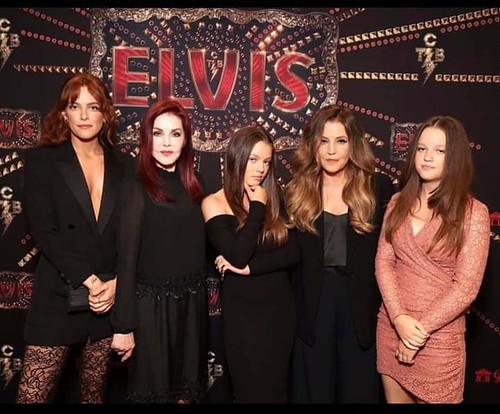
12. **The Phoenix from the Ashes: The 1968 Comeback Special’s Unforeseen Triumph**After a decade largely spent in Hollywood making films that garnered little critical acclaim, Elvis Presley’s career seemed to be at a crossroads. However, 1968 marked a spectacular and utterly pivotal turning point: his return to the stage in the now-legendary NBC television comeback special, simply titled *Elvis*. This event was not just a performance; it was a cultural resurrection.
This acclaimed special showcased a raw, re-energized Elvis, stripping away the cinematic gloss to reveal the electrifying performer that had first captivated the world. The impact was immediate and profound, successfully rebranding him as a vital, contemporary artist. The special wasn’t merely a nostalgic look back; it firmly re-established his relevance and power as a live performer.
The overwhelming success of the *Elvis* special dramatically altered the trajectory of his later career. It directly “led to an extended Las Vegas concert residency and several highly profitable tours,” signaling his full embrace of live performances once more. This monumental comeback served as a defiant declaration that the King was far from dethroned, setting the stage for some of his most iconic live moments.

13. **Aloha From Hawaii: A Global Spectacle with Hidden Depths**In 1973, Elvis Presley achieved yet another monumental milestone that cemented his global superstar status: *Aloha from Hawaii*. This concert was not just another show; it was a groundbreaking event, marking “the first concert by a solo artist to be broadcast around the world.” Imagine the scale and ambition of such a feat in an era before widespread internet and streaming services. It reached an estimated 1.5 billion viewers across 40 countries, an unheard-of audience at the time.
The concert itself was a dazzling spectacle, showcasing Elvis at what appeared to be the peak of his powers, delivering an energetic performance in his signature jump suits. It was a testament to his enduring popularity and his ability to command a global stage. The sheer reach of this broadcast underscored his unparalleled international appeal, making him a truly worldwide phenomenon.
However, this dazzling public display of showmanship subtly concealed the burgeoning personal struggles that were already beginning to take their toll. While the world watched in awe, behind the scenes, the pressures and unhealthy habits mentioned in the context were slowly accumulating. *Aloha from Hawaii* stands as a powerful symbol of his continued ascendancy in terms of global reach, yet it also represents one of the final, truly triumphant public performances before his health challenges became increasingly apparent.

14. **The Silent Battle: Years of Substance Abuse and Decline**The narrative of Elvis Presley’s later years is inextricably linked with a profound personal struggle that ultimately claimed his life. As the context starkly reveals, “Years of substance abuse and unhealthy eating severely compromised his health.” This wasn’t a sudden decline but a gradual, insidious battle waged largely behind the opulent gates of Graceland and the dazzling lights of his concert venues.
His introduction to amphetamines during his military service evolved into a more complex pattern of drug use, likely exacerbated by the demands of touring, the isolation of fame, and the immense pressure to maintain his superstar image. The context’s mention of his ‘unhealthy eating’ further illustrates a lack of self-care that, combined with substance abuse, created a perilous trajectory for his well-being.
This silent battle had a devastating impact, culminating in his tragic death at his Graceland estate in August 1977, at the tragically young age of 42. It’s a somber reminder of the vulnerabilities that even the most celebrated figures can face, and how personal struggles, often hidden from public view, can profoundly shape a legacy and define final years. His health issues were not just physical, but deeply intertwined with the psychological demands of his extraordinary life.
Read more about: Robin Williams: The Unseen Depths of a Comedic Titan’s Battle for Well-being
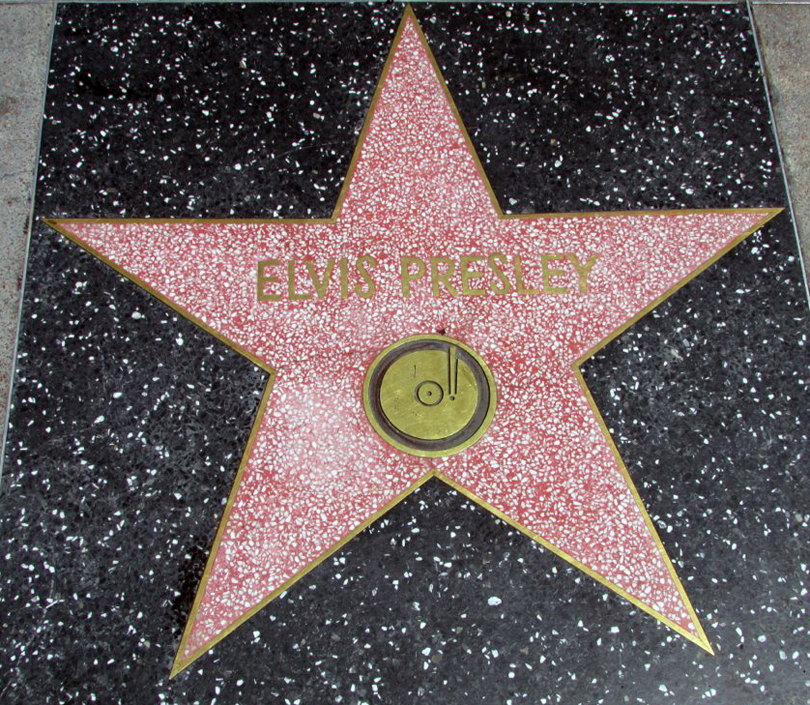
15. **The Undeniable, Record-Shattering Legacy: Beyond the Controversies**Despite the personal struggles and controversies that marked parts of his life, Elvis Presley’s profound impact on music and culture is undeniable and statistically staggering. He remains “one of the best-selling music artists in history,” having sold an estimated “500 million records worldwide.” This incredible commercial success spans an impressive array of genres, including pop, country, rock and roll, rockabilly, rhythm and blues, adult contemporary, and gospel, showcasing his remarkable versatility and broad appeal.
His numerous accolades are a testament to his enduring artistic significance. Presley won three Grammy Awards and, remarkably, received the Grammy Lifetime Achievement Award at just 36 years old. He has been posthumously inducted into multiple music halls of fame, a rare honor reflecting his influence across various musical landscapes and generations.
Furthermore, Elvis holds several impressive records, including the “most Recording Industry Association of America (RIAA)-certified gold and platinum albums,” the “most albums charted on the Billboard 200,” and the “most number-one albums by a solo artist on the UK Albums Chart.” His influence extends beyond music; in 2018, he was posthumously awarded the Presidential Medal of Freedom. His legacy isn’t just about sales and awards; it’s about his transformative power as a cultural phenomenon, a true King whose reign continues to resonate, forever etched in the annals of history.
From the electrifying shake of his ‘rubber legs’ to the global phenomenon of *Aloha from Hawaii*, Elvis Presley’s life was a whirlwind of innovation, controversy, and profound personal experience. We’ve journeyed through the surprising origins of his iconic moves, the hidden clauses in his contracts, the secret FBI warnings, and the devastating personal losses that shaped the man behind the legend. Even after his untimely death, his records continue to shatter expectations and his influence remains an undeniable force in music and popular culture. The King may have left the building, but his ‘secret history’ continues to reveal new fascinating layers, ensuring his reign over our collective imagination is eternal.

